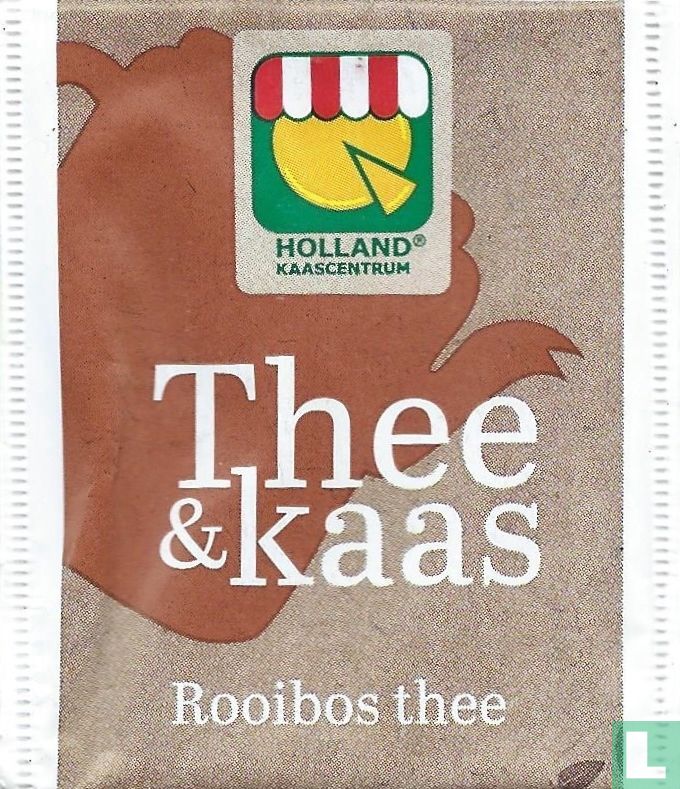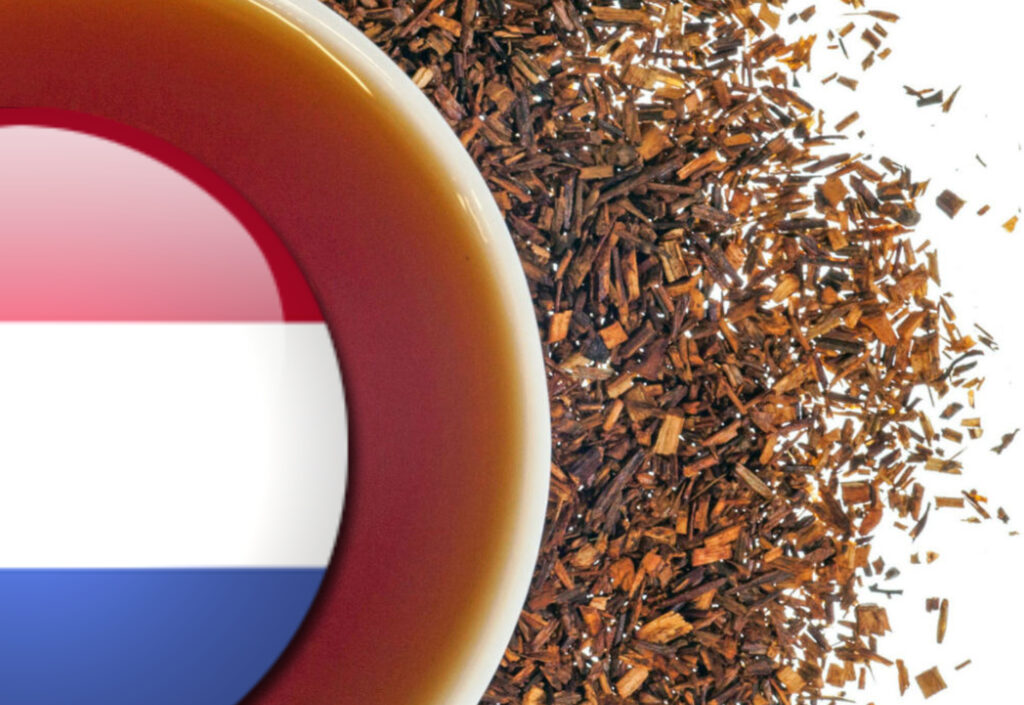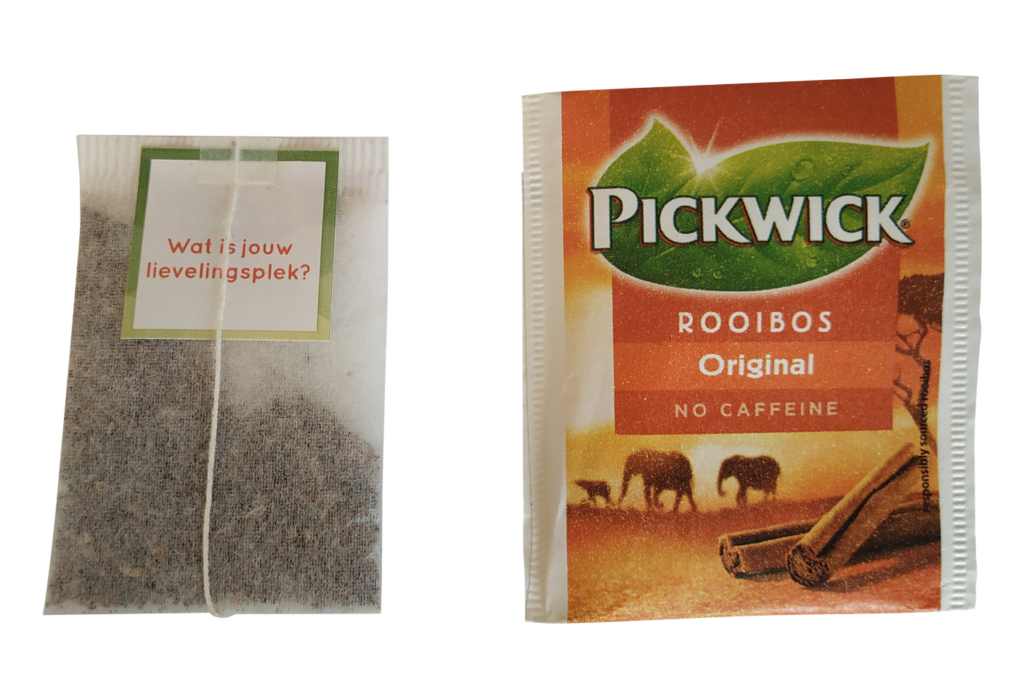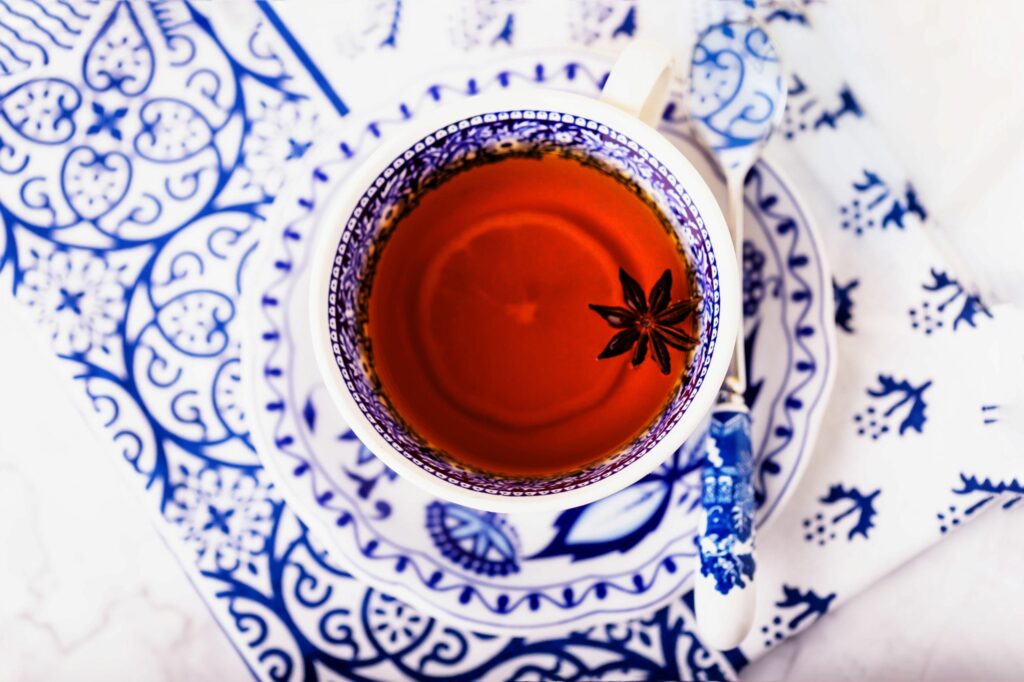With longstanding historical and colonial ties to South Africa, and with a well-established love for tea, it was almost inevitable that among rooibos importers The Netherlands would come to feature prominently. And though initial Dutch interest and awareness of rooibos was low, interest and import volumes in the last 20 years have grown significantly.
By all accounts, rooibos tea was first for sale in the Netherlands a quarter of a century ago. Paula Koelemij, who began her career in the Dutch tea industry in the early nineties, recounts that a few speciality shops had rooibos in stock then. Because direct imports from South Africa had been outlawed, Dutch distributors got their loose, unpacked rooibos from Germany and elsewhere. Simon Lévelt, a leading chain of shops specialised in coffee and tea, was moving up to a tonne of rooibos per year.
Koelemij’s employer at the time, the Fairtrade Organisatie, began to import rooibos once the boycott had been lifted. As a buyer, she first went to South Africa after the first democratic elections. The political barriers had melted away, but the Dutch market for rooibos tea remained small: just a few tonnes for the entire country.
Towards the late nineties, tisanes were becoming popular in the Netherlands, and sales started to increase. Suddenly, customers felt like experimenting with fruit teas, herbs and their blends with black tea. They hankered for healthier, stimulant-free beverages like rooibos.
‘It was available through alternative trade organisations and the speciality market only’, remembers Koelemij, who worked for Simon Lévelt.
‘Its origin was appealing. Not just because it was exotic. The Netherlands had a historical connection with South Africa. Cultural exchange was being renewed, and it became popular with the Dutch to travel there and to buy South African.’
By 1999, rooibos tea had outgrown its niche. Pickwick, the number one Dutch tea brand, added rooibos to its range.
According to Jacobs Douwe Egberts (JDE), Pickwick’s parent company, this brand opens a mainstream market for tisanes. Pickwick popularises new teas and blends, introducing them to broader audiences. Then, other mainstream brands joined in.
Nowadays, rooibos is sold not only by Simon Lévelt, in their fifty speciality outlets across the Netherlands and Belgium, but also by multinationals like Unilever (Lipton) and JDE (Pickwick), and by supermarket chains like Albert Heijn. Every Dutch café and restaurant that serves tea can serve you rooibos. Every eleventh teabag that a Dutch person buys has Aspalathus linearis inside.
A growing taste for rooibos
In its category, rooibos has pitched itself against spearmint, camomile and fennel teas. Spearmint may still be the Netherlands’ favourite tisane, but in the speciality market, according to Koelemij, rooibos has outshone it and rooibos drinkers are very loyal to their tea.
The European Union laws disallow impressive health claims without sufficient proof. Yet, packers can and do let their consumers know about the absence of caffeine and tannins in rooibos tea.

An ethical and certified tisane
For many Dutch consumers, it has become important to know that their tea, including rooibos, is produced under ethical conditions. That is why independent certifications have been the order of the day, not only for the speciality trade but also for the mainstream. Even big brands such as Pickwick purchase certified tea with internationally recognised standards such as UTZ and Fair Trade.
Pure unblended varieties of rooibos tea have been most popular in the Dutch speciality trade. Although Simon Lévelt keeps an entire range of rooibos flavours – from Lemon and Pineapple to Coconut and Cacao – ‘the plain kind still sells the best’, says Koelemij.
Many consumers of mainstream brands prefer ‘a bit of a flavour boost’ with their tea or tisane. In the Netherlands, Lipton sells rooibos only in a blend with hibiscus. Pickwick’s most sought-after rooibos blend in the Netherlands is cinnamon and cardamom.
But Pickwick has seen an emerging trend towards getting back to plain in the Dutch market. That is why they launched an unflavoured (pure) organic rooibos in 2017.
With the Dutch appetite for rooibos as an alternative to other herbal tisanes now well-established, import volumes in The Netherlands continue to grow. Added to this is a general and global increase in awareness of rooibos’ health and wellness benefits, which bodes well for the product’s foothold in this market to expand.
This article is an extract of ‘The Rooibos Story‘ by researcher Boris Gorelik and is published with the kind permission of the South African Rooibos Council.
Look out for forthcoming related articles in the series which will provide further insights into many aspects of Rooibos including the Rooibos industry, its health benefits and the global marketplace.



